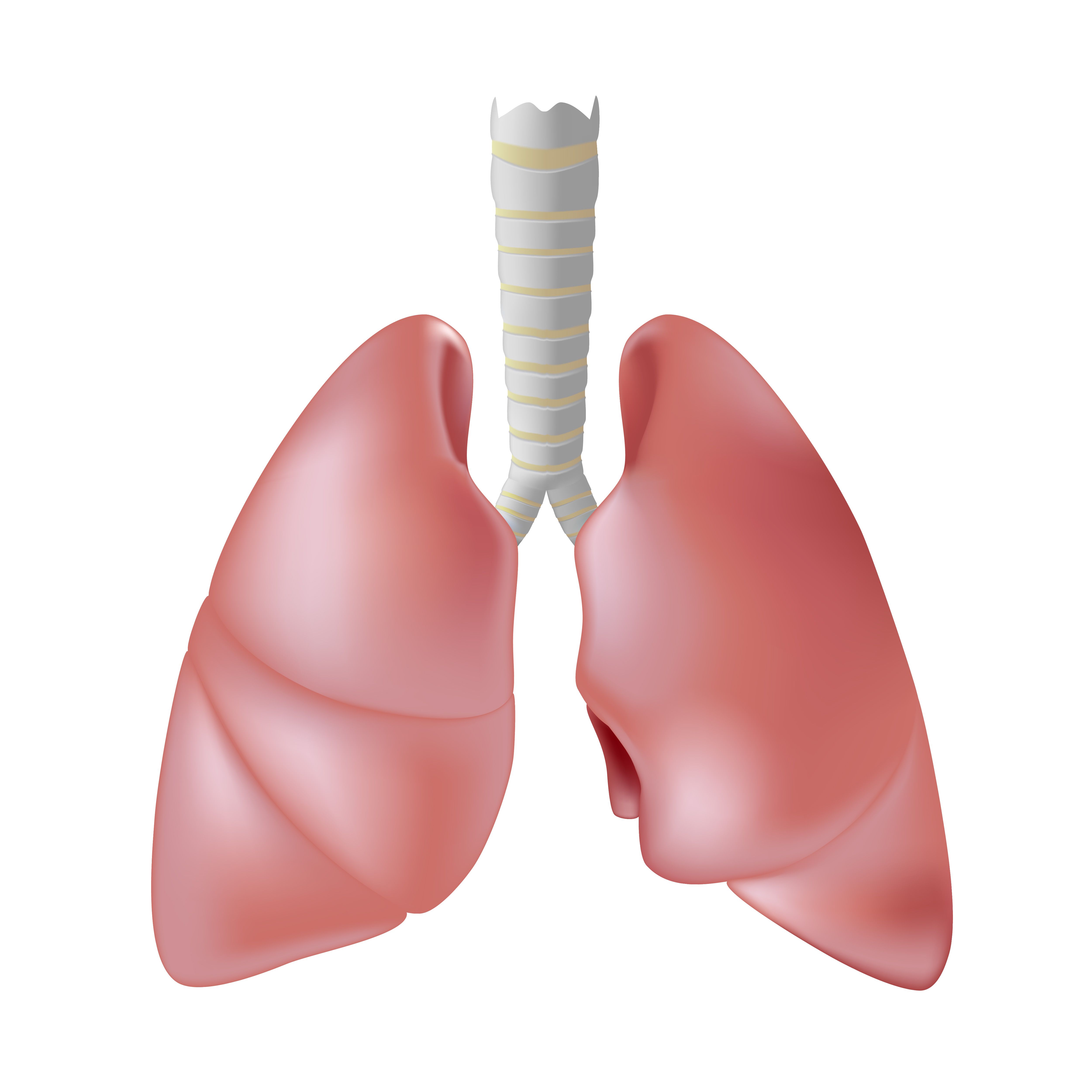Bevacizumab Biosimilar Prolongs PFS in NonSquamous NSCLC
In combination with chemotherapy and sintilimab, a bevacizumab biosimilar injection was found to increase PFS in patients with Nonsquamous NSCLC who progressed after a prior EGFR-TKI.

Adding a bevacizumab biosimilar injection (Byvasda) to sintilimab (Tyvyt) in combination with chemotherapy helps to improve progression-free survival (PFS) in patients with epidermal growth factor receptor (EGFR)-mutated nonsquamous non-small cell lung cancer (nsqNSCLC) that has progressed after treatment with an EGFR tyrosine kinase inhibitor (TKI), meeting the primary end point of the ORIENT-31 study (NCT03802240), according to a press release by Innovent Biologics, Inc.1
The bevacizumab biosimilar injection is an anti-vascular endothelial growth factor (VEGF) antibody. It is meant to bind to VEGF-A and block it from binding to VEGF-2 receptors on the surface of vascular endothelial cells. This is then inhibits signaling pathways such as PI3K-Akt/PKB and Ras-Raf-MEK-ERK. Anti-tumor efficacy is created through inhibiting the growth, migration, and proliferation of these vascular endothelial cells.
"For patients with EGFR-mutated advanced nsqNSCLC who have progressed following EGFR-TKI treatment, platinum-based chemotherapy is the current standard of care, but with limited benefit. New treatments are clearly imperative. ORIENT-31 is the first prospective, double-blind Phase 3 study worldwide to demonstrate significant PFS benefit with an anti-PD-1 antibody combination therapy in this patient population. It has shown the clinical value of adding sintilimab plus Byvasda [bevacizumab biosimilar injection] to platinum chemotherapy. This quadruple regimen has the potential to bring forth a new and more effective treatment option to patients with EGFR-mutated nsqNSCLC following treatment with an EGFR TKI," said principal investigator Shun Lu, MD, PhD, the director of the Oncology Department of Shanghai Chest Hospital, in a press release.
The interventional, randomized, parallel assignment study has an estimated enrollment of 600 participants and an estimated completion date of May 2021. The primary end point of the study is PFS. Secondary end points include overall survival and overall response rate.2
During the study, patients were randomized 1:1:1 into 3 arms. During arm 1, patients received sintilimab, plus the biosimilar, plus pemetrexed, plus cisplatin. In arm 2, patients received the same regimen with the exception of a placebo in place of the biosimilar. In arm 3, patients received a placebo in place of both sintilimab and the biosimilar and only received the chemotherapy combination.
In order to participate, patients must be between 18 and 75 years of age, have confirmed stage IIIB/IIIC NSCLC that is unresectable and not fit for radical concurrent chemotherapy, EGFR-TKI resistant, and have an ECOG performance status of 0 or 1. Patients with >10% squamous cells, have previously received any systemic anti-cancer treatment other than an EGFR-TKI, have received an anti-PD-1, anti-PD-L1, or anti-PD-L2, have a immunodeficiency diagnosis, active central nervous system metastasis, or hemoptysis within 3 months are not eligible to participate.
"Lung cancer has the highest mortality rate among all tumor types both in China and worldwide. In China, EGFR-mutated NSCLC accounts for 40% to 50% of nonsquamous NSCLC, and the treatment options for these patients after treatment with first, second and third generation EGFR-TKIs are very limited, representing a large unmet medical need. Through the joint efforts of investigators, ORIENT-31 achieved these encouraging research results. We are grateful for all the contributions made by the investigators and patients in this study – together we accomplished this important milestone,” said Hui Zhou, PhD, senior vice president of Innovent, in a press release.
Detailed results of the ORIENT-31 study will be presented at an upcoming medical meeting.
REFERENCES:
1.Innovent announces ORIENT-31, a phase 3 study of sintilimab in patients with EGFR-mutated nonsquamous non-small cell lung cancer with prior EGFR-TKI treatment, has met primary endpoint. Innovent. News release. October 17, 2021. Accessed October 18, 2021. https://bit.ly/3AFmWdn
2.Sintilimab ± IBI305 plus chemotherapy (pemetrexed + cisplatin) for EGFRm + locally advanced or metastasis non-squamous nsclc patients after EGFR-TKI treatment failure. ClinicalTrials.gov. Accessed October 18, 2021. https://bit.ly/3lNSKZg
Kim Evaluates New Regimens for EGFR+ Lung Cancer
January 20th 2025During a Community Case Forum event in partnership with the Medical Oncology Association of Southern California, Edward S. Kim, MD, MBA, discussed the FLAURA2 and MARIPOSA trials of newer regimens for EGFR-positive lung cancer.
Read More
Amivantamab/Lazertinib Maintains OS Benefit in EGFR+ NSCLC
January 15th 2025During a Case-Based Roundtable® event, Joshua K. Sabari, MD, continued discussion of key outcomes from the MARIPOSA trial and toxicity management in patients with EGFR-mutated non–small cell lung cancer in the second article of a 2-part series.
Read More